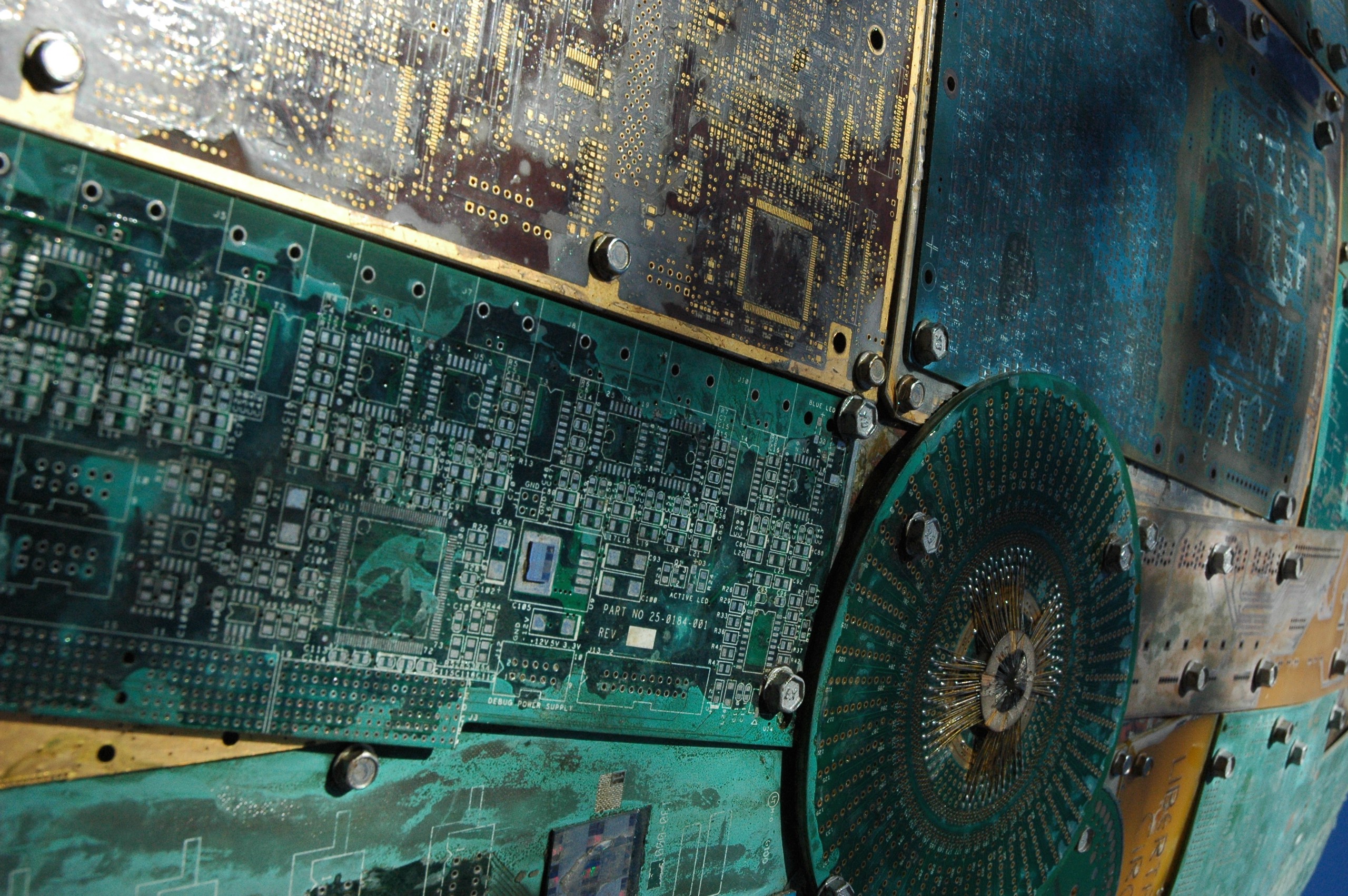

If U2-fronted smartphone launches are the glitzy surface of the consumer electronics industry, e-waste is its dirty underside. According to a report by the US Environmental Protection Agency and United Nations University, China discarded more than 3.6 million tons of refrigerators, televisions, washing machines, air conditioners, and computers in 2011. Can innovation in information systems–that much talked about data revolution–really help to improve people’s environment and health? Chinese internet company Baidu, working in cooperation with the United Nations Development Programme (UNDP), believes it can.
Baidu Recycle–a light app for smartphones that needs no download–aims to avert some of the worst effects of the trade in electronic waste. Developed by the Big Data Joint Lab, which was established by Baidu and UNDP, the app looks to promote recycling and more sustainable consumption and production.
When managed improperly, the tech recycling trade in some countries can have severe effects on human health. One study in Guiyu, in southern China–a hub for the trade in e-waste, in which some 100,000 workers handle millions of tons of waste per year, mainly in small, family-run workshops–found that children there had significantly higher blood lead levels than children in a neighboring town. Another study found high incidences of skin damage, headaches, nausea, chronic gastritis, and other conditions related to hazardous chemicals released in these disposal and recycling processes, and the high levels of toxic heavy metals and organic contaminants in the area’s air, soil, and water.
While European consumers might pay somebody to dispose of a large electronic item, in China it’s commonplace to sell your electronic goods once you’re finished with them. The problem is that many people don’t know how to sell their items to legitimate e-waste processors, who also tend to offer less competitive prices compared with their informal, often criminal, counterparts.
While Baidu’s new app won’t necessarily promote competitive resale prices, at least it helps to connect people to legitimate e-waste processors. Testing its efficacy on a recent trip to Beijing–one of two pilot cities for the scheme, along with nearby Tianjin–I put my Airbnb apartment’s washing machine up for disposal and recycling. I didn’t go through with the sale–the flat’s owner wouldn’t have been so pleased–but the app was very easy to use. I simply searched “recycle” (in Chinese) in the Baidu app on my phone and took a photo of the washing machine. The application recognized what it was, offered me a price and brought up a contact form so a legitimate e-waste processor could call me to sort out the pickup.
The app is just one of a number of ways entrepreneurs are using digital technologies to help address the long-standing issue of tech waste. One popular Chinese startup, Ai Huishou (Love Recyling), helps to collect and resell old smartphones, tablets, and laptops, while Attero, an e-waste recycler based in Roorkee, India recently received $16 million in funding to train workers in the informal e-waste sector and develop a channel for responsible recycling. In China, where the Ministry of Environmental Protection announced earlier this year that one fifth of arable land is polluted, these sorts of projects couldn’t come a moment too soon.


How We Get To Next was a magazine that explored the future of science, technology, and culture from 2014 to 2019. This article is part of our Design & Innovation section, which looks at new devices, concepts, and inventions that are changing our world. Click the logo to read more.
